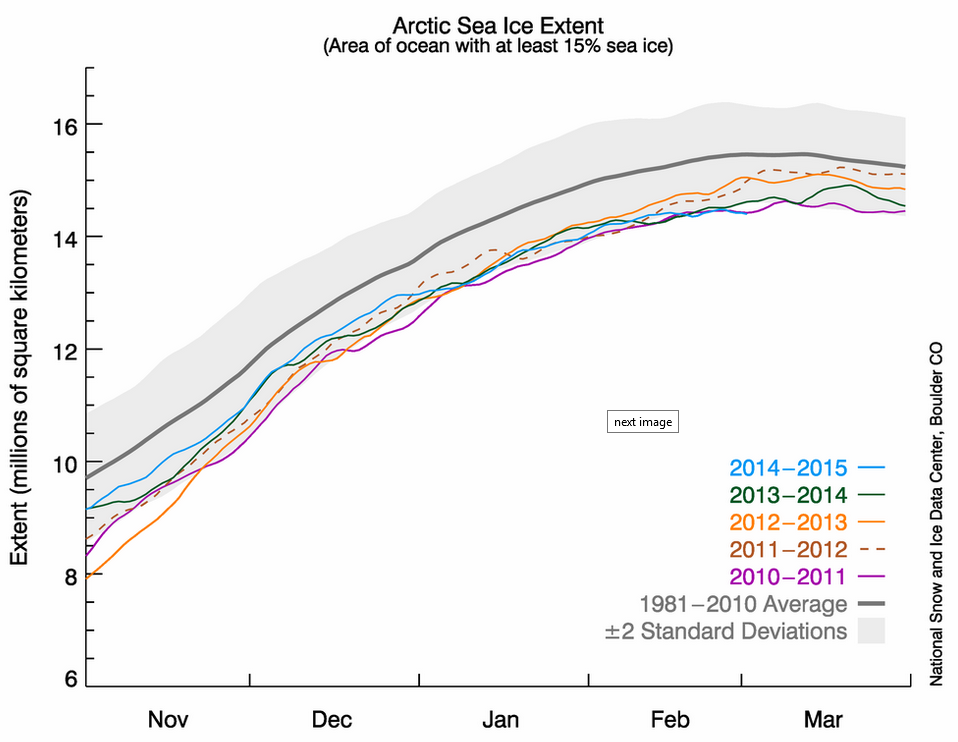I read today that Brad Pitt became an atheist because of "Christian guilt" that he felt throughout his Southern Baptist upbringing.
But there is no such thing as "Christian guilt". If your church is making you feel guilty, it is not Christ whom they preach.
It's all through the New Testament, with significant foreshadowings in the Old. One of the most directly stated versions of this point is in Romans 8:1-2 (NIV):
Therefore, there is now no condemnation for those who are in Christ Jesus, because through Christ Jesus the law of the Spirit of life set me free from the law of sin and death.
I will not try to enumerate the many other scriptures that make the point. Dr. Andrew Farley, pastor of Church Without Religion in Lubbock, Texas, has written entire books that develop this point, based on scripture after scripture. I recommend reading them. Start with the first, The Naked Gospel: Jesus Plus Nothing. 100% Natural. No Additives. Then move on to God Without Religion. If you get that far, you don't need me to tell you to continue.
In John 15:14, Jesus said that we are his friends if we do what he commands us. What does he command, but to love God and to love our neighbor as ourselves (and he defines "neighbor" as "everybody we come in contact with").
I will mention one of those Old Testament foreshadowings. Micah 6:8 (NIV) says this:
He has showed you, O man, what is good.Do you see here any emphasis on guilt? Certainly not. Religious guilt is laid on us by a church that has lost sight of the Gospel and is focused instead on the Old Covenant. But we are free of that covenant. Do we still sin? Certainly. At times, sin may even seem to control us. But we need feel no condemnation. Instead, we should feel drawn to Jesus, to let his Holy Spirit change us from the inside, not from the legalistic outside.
And what does the LORD require of you?
To act justly and to love mercy
and to walk humbly with your God.
I look at what's going on in politics nowadays, and I see a number of right-wing candidates proclaiming their allegiance to "Judaeo-Christian values". But the true Judaeo-Christian values are not the thou-shalt-nots that these candidates so revere. Rather, true Christian values are centered around NOT telling other people what they can and cannot do, or even conforming our own lives to a list of thou-shalt-nots. The true Christian approach is to allow Christ to take over our lives, guiding us (and only us -- he'll guide others when they let him, but that's not our concern) into a mature image of God.
Consider abortion: Is it a sin? Maybe. I cannot say that it isn't. But neither can I say that it is. There is no scriptural support for the idea, apart from a couple of highly tangential references that prove nothing to anybody who does not already accept the proposition. There's even one scripture (Exodus 21:22) that seems to indicate that accidental death of an unborn child is to be considered merely a financial matter -- the eye-for-an-eye doctrine does not call it murder. So what is the Christian response? It's certainly not to attack Planned Parenthood clinics. That act follows from Old Covenant legalism -- about a subject that is not even mentioned in the Old Covenant. No, if you think it's a sin, then it would be wise not to get an abortion. But the true Christian response is to invite the Holy Spirit to guide your own spiritual development, changing you, if He so desires, into somebody who does not get an abortion. As a man, I obviously have no skin in this game, so I try to stay out of it, except to point out that it should be, it must be an individual decision by a woman in light of her own relationship to a saving Lord. Any other response does not arise from any kind of New Testament emphasis.
If there is any one thing that is wrong with the Church today, it is that we do not consistently and cogently present the true Gospel, the fact that Jesus has not only cleared our way to heaven, but he has freed us from the Old Testament.
Go read Farley's books and then tell me whether I'm right about this.











